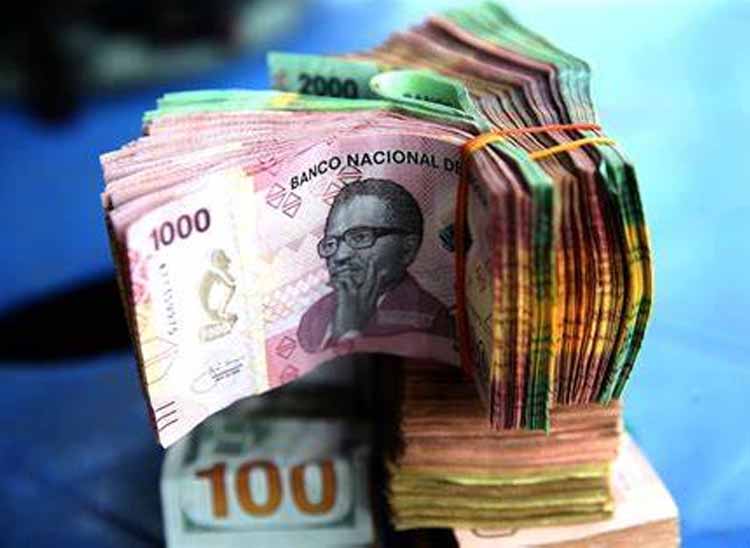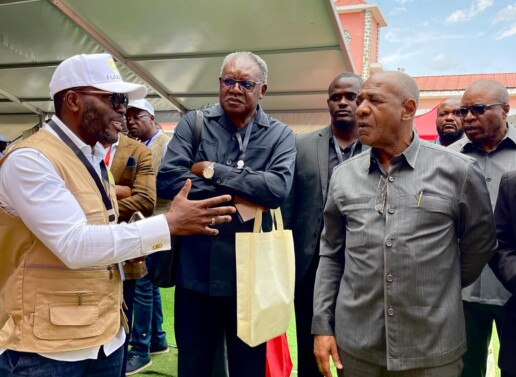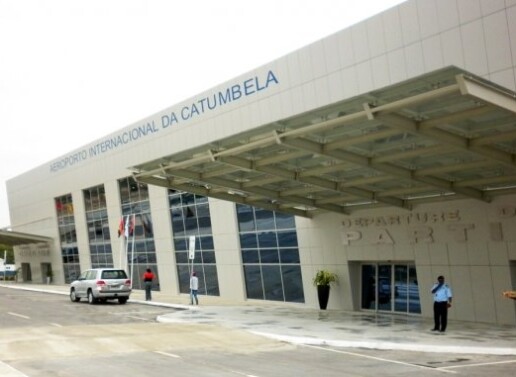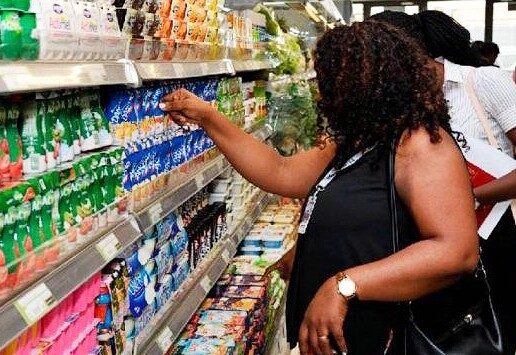Angola’s economy is facing mounting challenges with the depreciation of the kwanza, high inflation rates, and rising unemployment, exacerbating the country’s social crisis. Experts point out that the interventions by the National Bank of Angola (BNA) and the Ministry of Finance have been insufficient to ease pressure on the national currency, worsening the economic hardships for the population.
Inflation and Unemployment on the Rise
Recent data from the National Statistics Institute (INE) show that the unemployment rate remains above 32%, the highest in three years, while national inflation stands at 30% and 40% in Luanda. The continuous increase in prices, especially for food and essential goods, has driven the cost of living to critical levels, worsening food insecurity among low-income families.
The devaluation of the kwanza is a major factor behind the surge in inflation, fueled by import dependency and higher customs tariffs. Recent adjustments, such as a 25% hike in communication service fees authorized by INACOM and the removal of fuel subsidies, have further strained household budgets.
Insufficient BNA Measures
The BNA has intervened in the foreign exchange market, selling approximately USD 2.5 billion in 2024, but these efforts have been sporadic and inadequate to meet the estimated demand for USD 1.7 billion in foreign currency. Despite a brief temporary appreciation of the kwanza, the currency depreciated by 6% against the dollar and 9% against the euro in the third quarter of 2024.
The increase in public debt denominated in foreign currency is also a concern. Total debt fell to USD 47.9 billion in the third quarter, the lowest level in five years, but resumed payments to China and new commitments with the United States have put additional pressure on foreign reserves.
Social and Political Impacts
The social crisis continues to worsen, with one million young people entering the labor market annually without sufficient employment opportunities due to economic stagnation and lack of investment in sectors like agriculture. The government faces growing unpopularity, particularly in vulnerable regions and Luanda’s suburbs, where living conditions are deteriorating rapidly.
Although the BNA predicts a slowdown in inflation for 2025, this projection is met with skepticism due to the volatility of oil prices and the persistent weakness of the national currency. The current economic strategy, focused on stimulating productive activity over controlling inflation, has been widely criticized by experts.
Closer Ties with the U.S.
Amid the crisis, President João Lourenço’s government has strengthened ties with the U.S., launching new infrastructure projects financed by American creditors, with loans increasing by 22% in the last quarter. However, the growing reliance on external financing is seen as a risk to the country’s financial stability.
Future Outlook
The outlook for 2025 suggests some relief in inflation, but structural economic imbalances remain. Without significant changes in exchange rate and fiscal policies, the crisis may deepen, increasing pressure on the government to implement more comprehensive and effective reforms.
22/11/2024







